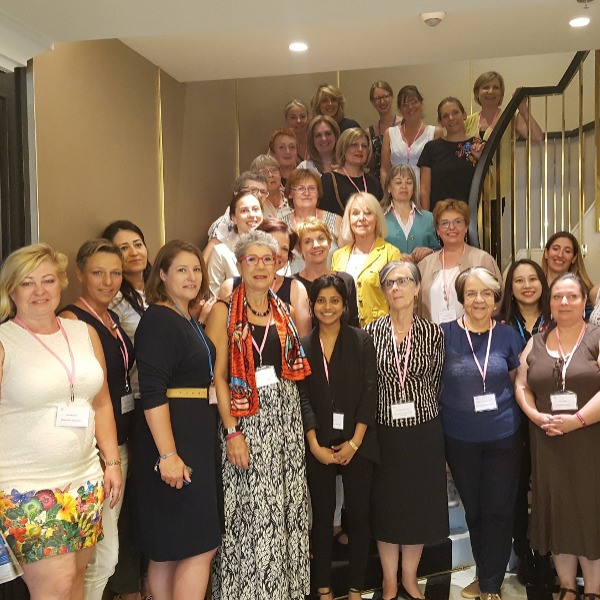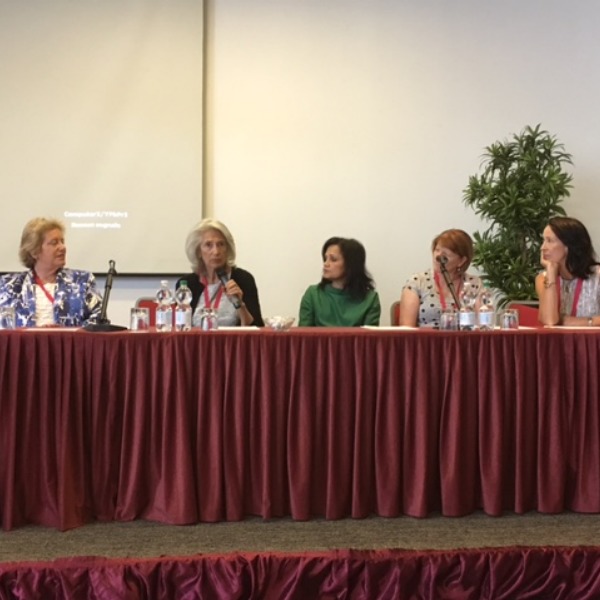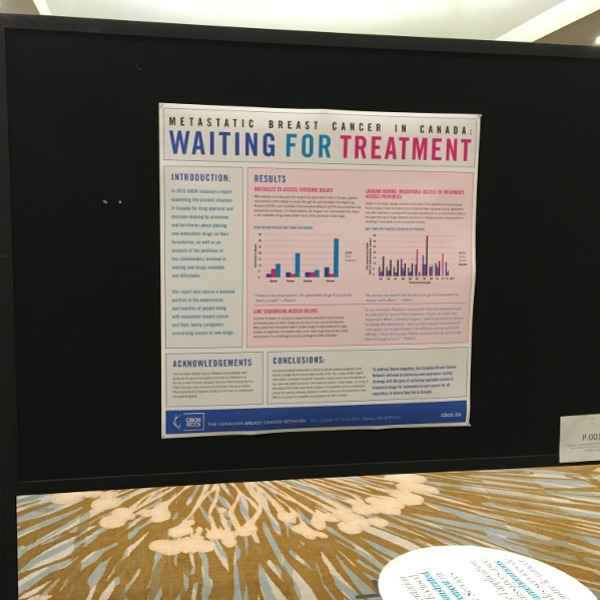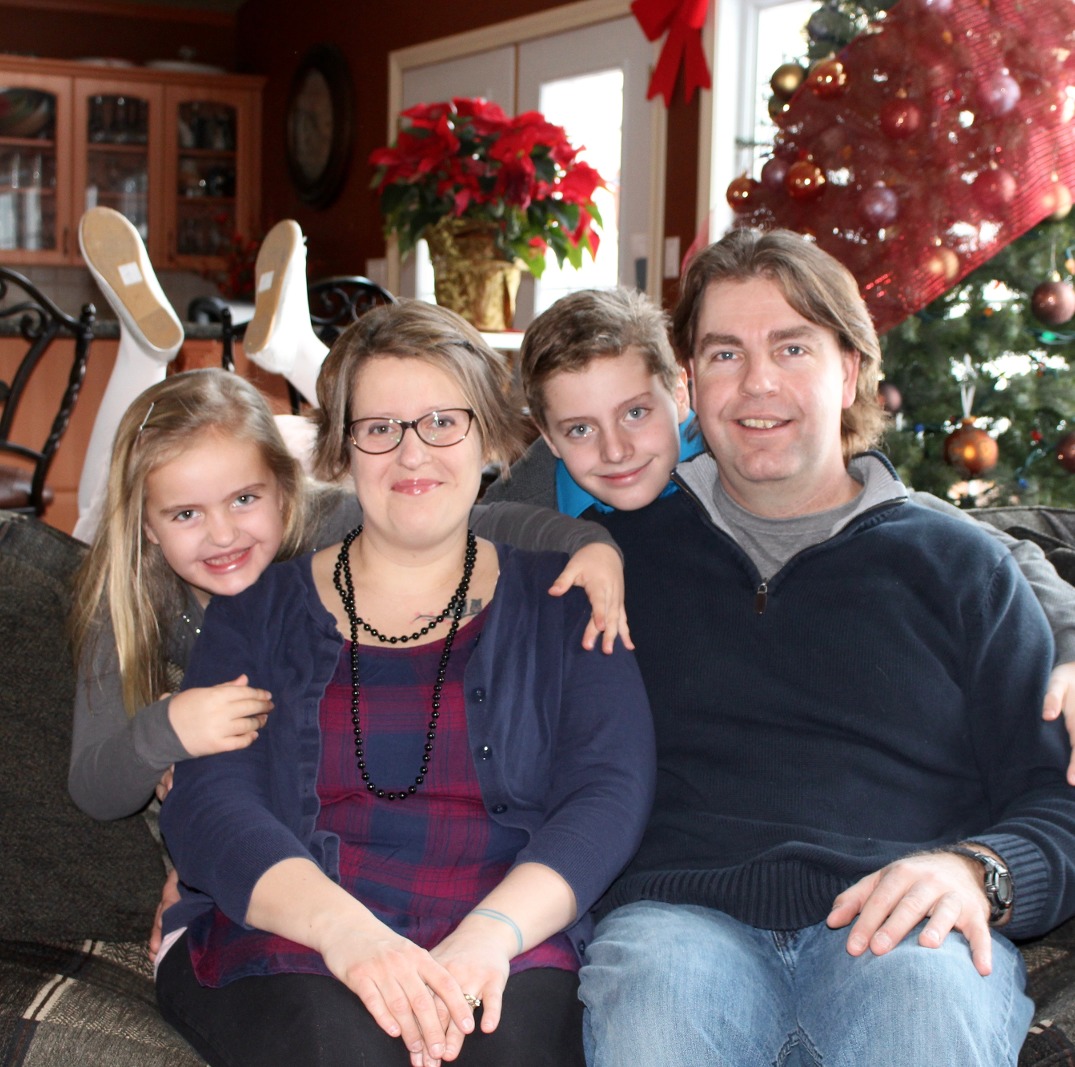By continuing to use our site, you consent to the processing of cookies, user data (location information, type and version of the OS, the type and version of the browser, the type of device and the resolution of its screen, the source of where the user came from, from which site or for what advertisement, language OS and Browser, which pages are opened and to which buttons the user presses, ip-address) for the purpose of site functioning, retargeting and statistical surveys and reviews. If you do not want your data to be processed, please leave the site.
The Voice of People With Breast Cancer
Education
Our Voices Blog
Tag : metastatic breast cancer
9 self-care tips for getting through radiation
If you are receiving radiation, you’ll know that there are often side effects that range from mildly annoying to severely debilitating. The self-care plan outlined by your medical team can help reduce the redness, pain, and irritation that come with radiation dermatitis.
The Who, What, Why of Mindfulness Exercises for Women with Advanced Breast Cancer (ABC)
Many women are living longer with ABC. Finding ways to cope with cancer’s various stresses becomes critical to leading satisfying longer lives.
Living with mbc and learning to celebrate each day
Adriana Capozzi of Bradford, Ontario, was diagnosed in October 2014 with HER2-positive, Stage III breast cancer. She received four months of chemotherapy and one year of Herceptin, along with a bilateral mastectomy and 25 rounds of radiation.
Patients are having their say in research priorities for metastatic breast cancer
The Canadian Metastatic Breast Cancer Priority Setting Partnership is a group of physicians, patients, and patient family members with the goal of identifying priorities in research by the people most affected by the disease.
If I Could Save Time in a Bottle
I have never been a fan of roller coasters, too much up and down, made me feel sick. Ironically, my life seems to have become a gigantic roller coaster ride!
Metastatic breast cancer’s silver lining
For Shelley Scott of Winnipeg, a metastatic breast cancer diagnosis in November 2016 had a silver lining.
“It helped me appreciate the moments of my life rather than worrying about what might be, which is kind of a gift,” she says.
She tells the story of two coworkers she knew who planned a big trip for the time when they both were retired. They never made the trip because one of them died.
Metastatic breast cancer has made her a fighter
In August 2016, Erin Richard of Sydney, Nova Scotia was diagnosed with triple negative metastatic breast cancer. She was only 39 years old.
In search of timely and equitable access to drugs
I learned about “timely and equitable access” to oncology drugs at the Canadian Breast Cancer Network's metastatic breast cancer advocacy training in 2013. I was the first in Canada prescribed Perjeta, days after Health Canada approved the drug. My oncologist shared exciting trial results about dual blockade (using two drugs simultaneously against breast cancer). The trastuzumab emtansine (TDM-1) trial had closed days earlier. Another combo was available but it was “back pocket.” The caveat was that it wasn’t funded but my extended health insurance benefits agreed to pay. On route to my first infusion, I penned a sign: BELIEVE. We did. I had dozens of liver and lymph mets and my liver was failing. After two rounds, I had normal liver enzymes and after three, normal tumour markers.
Fighting for life-saving metastatic drug access
I was born and raised in Southern Alberta and moved to Calgary to attend university and eventually raise my family here. I am an active senior who enjoys singing with a Calgary performing group, travelling with my husband, watching sports and movies on TV, spending time with my two daughters, who both live in Calgary, keeping in touch with my granddaughter, who now lives in Victoria, and watching my grandson grow up and enjoy his activities.
My metastatic breast cancer has disappeared
On July 19, 2011, at the age of 33, I was diagnosed with breast cancer. With a 10-month-old son, I was still glowing with the joy of motherhood—but when a lump that I had been attributing to breastfeeding challenges refused to go away, I decided to see my doctor.
Personalized medicine: A revolution in cancer treatment
The more researchers and doctors learn about cancer, the more they are beginning to understand that there isn’t one standard approach to treating it but many factors to consider to come up with the best treatment plan for each person. New research is adding to this knowledge and instead of treating a cancer based on its location in the body, clinicians are starting to personalize and improve treatments for individual patients based on genomics.
“Nothing about us, without us”- Key lessons learnt from the Breast Cancer Patient Group Forum
How valuable is patient input to decision-makers and how can we work to make sure that the patient voice is really being heard? These are just some of the important questions that I and many others gathered to discuss at the annual Breast Cancer Patient Group Forum in Vienna, Austria.
What More Looks Like …
Looking back at the 4 years we have hosted our event, the Pink Ribbon Project (PRP) is always interesting, emotional and clarifying. We can see the things we have accomplished and learned but most importantly where we can grow in our work around breast cancer.
What I learned from women around the world living with metastatic breast cancer
This June I had the opportunity to attend the Europa Donna Metastatic Breast Cancer Advocacy Conference in Italy. The chair of our board, Cathy, was asked to speak and I was happy to join her to share with the group the advocacy that CBCN has been doing in Canada. While most of the participants that attended were representing various organizations, it was interesting learning that many of them were also women who were living with metastatic breast cancer.
Discussing the gaps in cancer drug coverage at key Canadian Conference
I had the privilege to attend the Canadian Partnership Against Cancer’s (CPAC) Conference on Optimal Approaches to Cancer Care in Canada. This was the first time that CPAC hosted this conference. Its purpose was to explore 4 key themes to cancer control: initiatives in quality care, economics of high-quality care, improving the quality of cancer diagnosis, and overcoming inertia in the cancer system (why don’t we do what we know works?).
Young mother faces metastatic breast cancer
In 2014, Krista Dumas of Kirkland Lake, Ontario, was shocked to receive a diagnosis of metastatic breast cancer at the age of 33. The cancer was in her liver and L5 vertebrae.



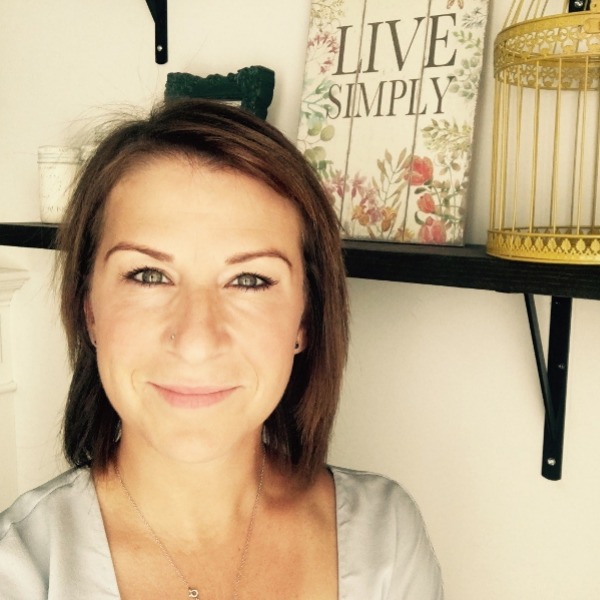

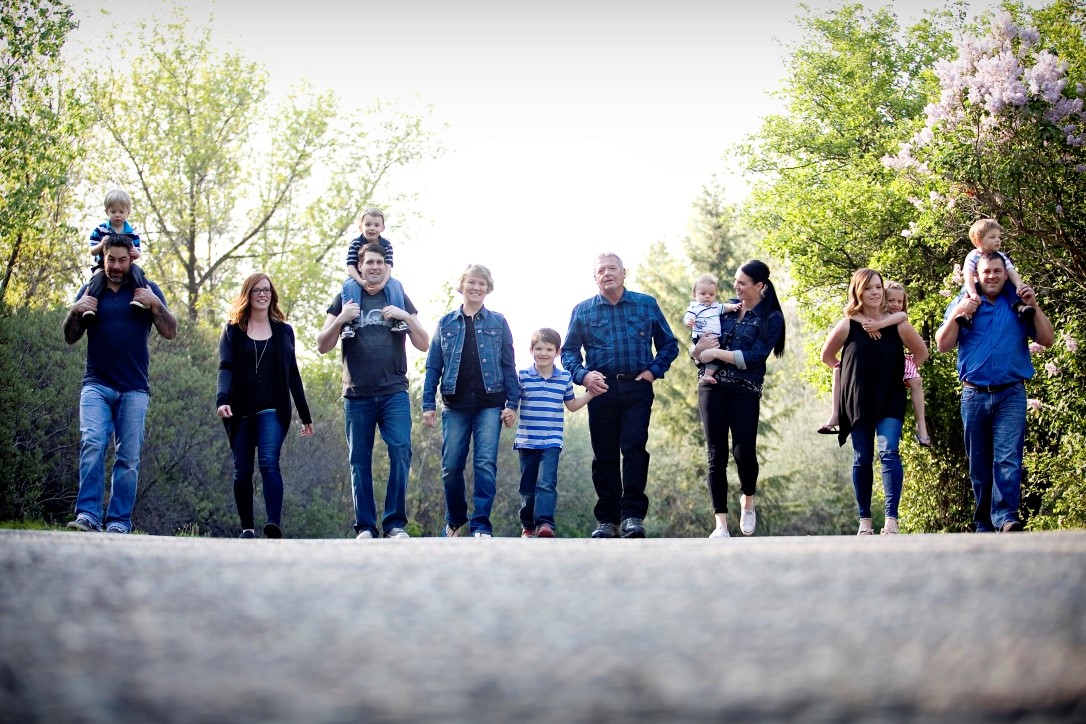
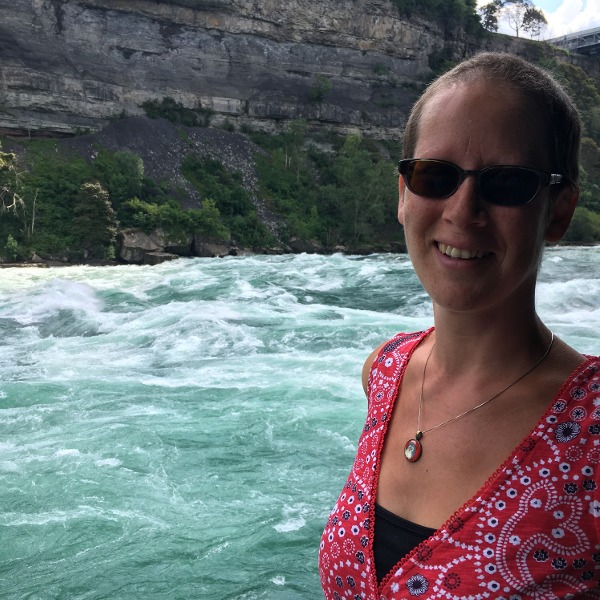
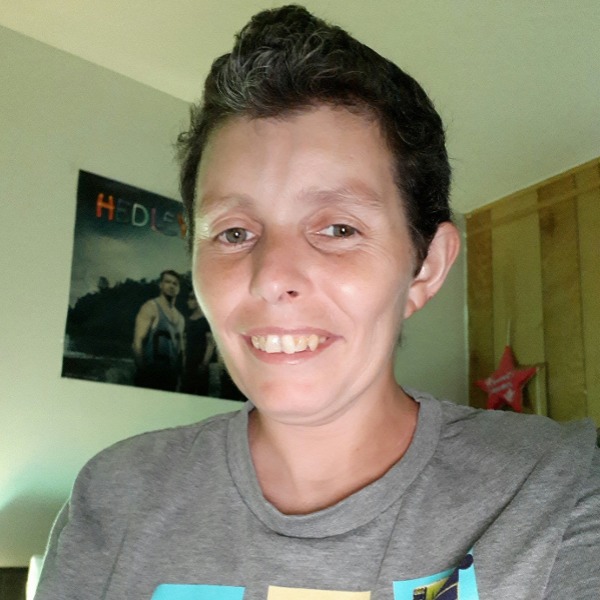
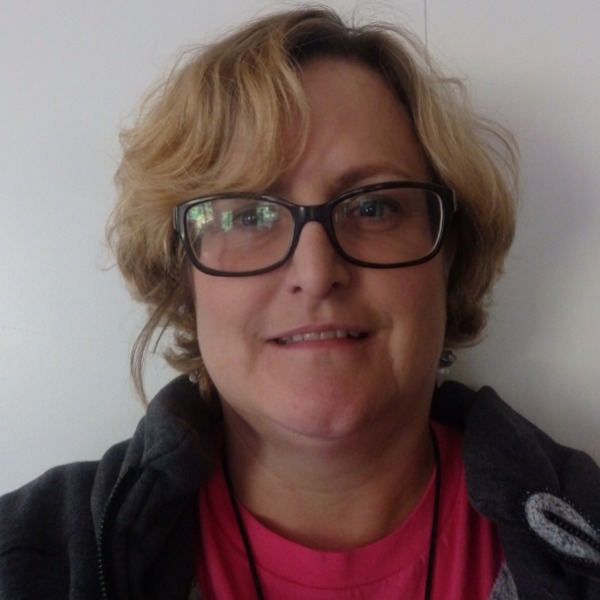
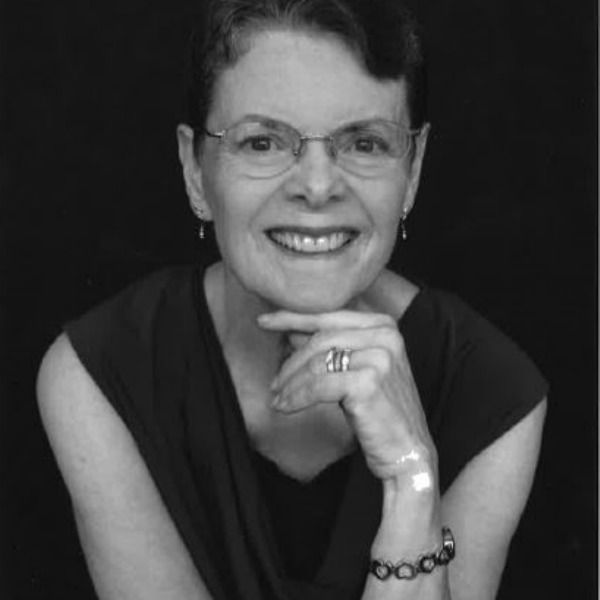
.jpeg)

